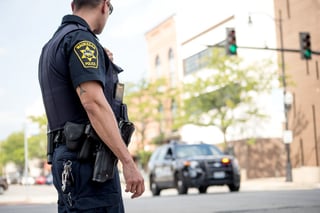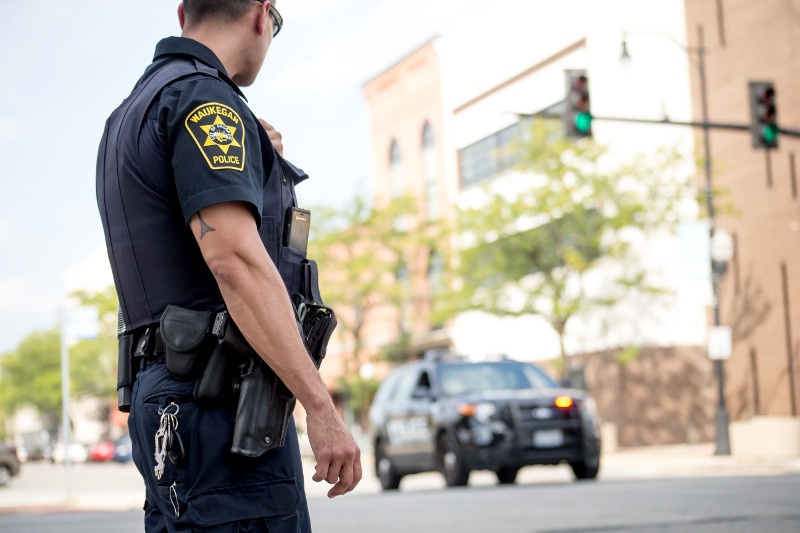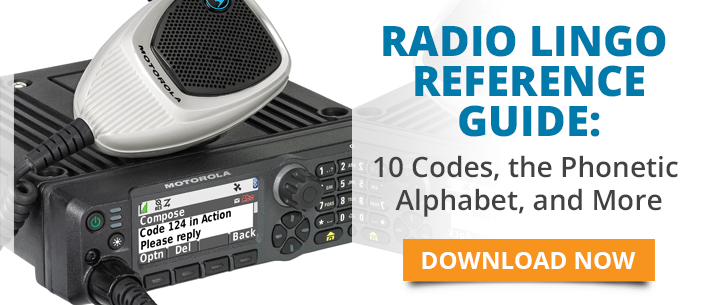Police radio codes, along with 10 codes and the police phonetic alphabet, are part of what makes public safety’s communications style so unique.
The radio lingo specific to police officers and personnel has its own history and patterns, while allowing radio users to communicate faster and more clearly.
While ten codes for public safety usually get the spotlight, there are other interesting police radio codes to be aware of that are specific to departments and locations.
Attention to 10 Codes
Thanks to their prevalence in popular culture, 10 codes are the radio lingo that people are most familiar with, even non-radio users. Almost everyone of a certain age, for example, is aware of what “10-4” means because of TV shows and movies that use CB radio lingo.
The codes actually originated with Illinois State Police in the 1930s. Charles Hopper was communications director for the agency at the time, and he came up with the codes as a concise way to ensure that dispatchers received full messages from the field.
Coded Conversations
Ten codes aren’t the only numerical shortcuts used by officers to communicate over their two-way radios, and while ten codes are being phased out in some jurisdictions and at the national level, many local departments still heavily rely on them.
Departments can have codes they use to specify certain people (the mayor, for example), divisions (such as the special victims unit) and even kinds of officers (e.g., bicycle patrols).
The benefit of such codes, aside from brevity, is that officers can speak freely over frequencies that may be monitored by members of the public and still maintain a level of privacy. The conversations can be heard, but the meanings won’t always be clear to civilians.
Speaking the Same Language
Public safety radio users are united by a common set of cultures, complete with their own legacies and languages. Police radio codes are an important part of officers’ subculture that will likely continue to stand the test of time.
To get a free estimate on the best communications solution for your agency or business, click here.



